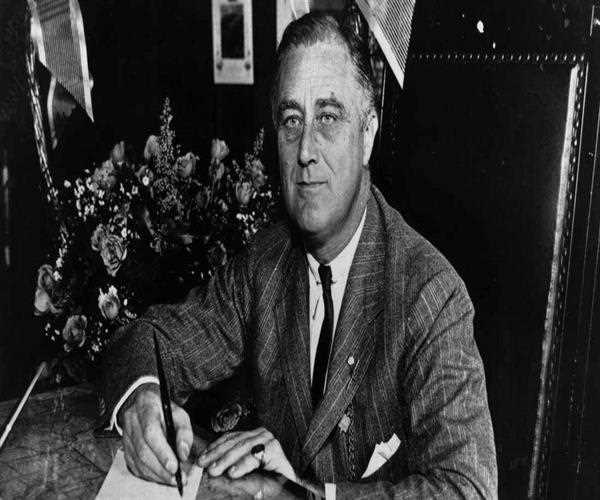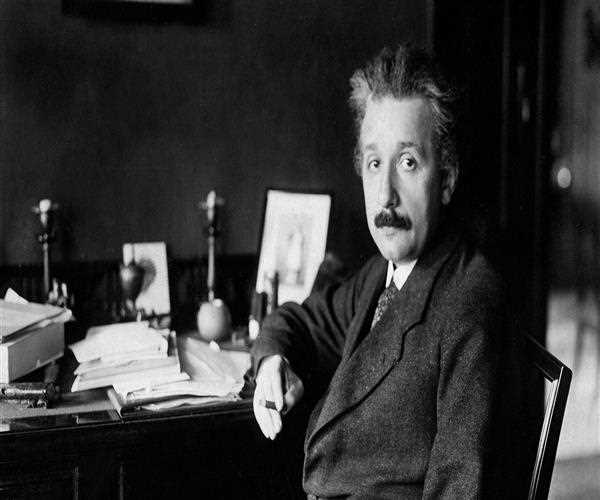An overview
Einstein had written to inform Roosevelt that recent research on fission chain reactions utilizing uranium made it probable that large amounts of power could be produced by a chain reaction and that, by harnessing this power, the construction of 'extremely powerful bombs' was conceivable.

Read also: who-became-president-after-franklin-roosevelt-died?
Einstein and the German government
Einstein believed the German government was actively supporting research in this area and urged the United States government to do likewise. Sachs read from a cover letter he had prepared and briefed Roosevelt on the main points contained in Einstein's letter.
Initially, the President was noncommittal and expressed concern over locating the necessary funds, but at a second meeting over breakfast the next morning Roosevelt became convinced of the value of exploring atomic energy.
Einstein drafted his famous letter with the help of the Hungarian émigré physicist Leo Szilard, one of a number of European scientists who had fled to the United States in the 1930s to escape Nazi and Fascist repression. Szilard was among the most vocal of those advocating a program to develop bombs based on recent findings in nuclear physics and chemistry.

Read also: who-made-the-final-decision-to-use-the-atomic-bomb-against-japan?
President Roosevelt's inaction
Those like Szilard and fellow Hungarian refugee physicists Edward Teller and Eugene Wigner regarded it as their responsibility to alert Americans to the possibility that German scientists might win the race to build an atomic bomb and to warn that Hitler would be more than willing to resort to such a weapon.
But Roosevelt, preoccupied with events in Europe, took over two months to meet with Sachs after receiving Einstein's letter. Szilard and his colleagues interpreted Roosevelt's inaction as unwelcome evidence that the President did not take the threat of nuclear warfare seriously.